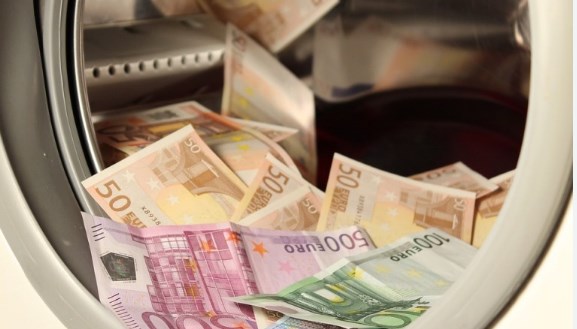If a person buys ten bonds worth MKD 100,000, the interest after the first year would be MKD5,000, the second year as much, which means 10,000 profit for a 100,000 investment in two years. The original investment would be refunded at the second year’s end – Fatmir Besimi, Minister of Finance, tried to explain in layman’s terms the pending issuance of the so-called “civic bonds.”
He added that this new, innovative financial instrument may be easily purchased in any commercial bank until July 12 this year. The process, he reiterated, is exceptionally safe, transparent, and straightforward, as if paying the regular bills in the bank. Besimi stressed that the only purpose of the bond is to collect the money kept at home, “under the mattresses,” as he said, and put them to good use.
The opposition, however, is convinced that the entire process has been designed to launder the illegally earned money because the rules stipulate that everyone who will buy bonds for over €15,000 won’t be asked to prove the legal origin of the money.
“The state already issues Government securities, which anyone may buy through brokers. But the release from the obligation to prove the legal origin of the money if the amount is over €15,000 puts all the other financial instruments in an unequal position on the market. Why would anyone deposit their money in a bank, or buy other financial instruments, if the “civic bonds” yield much more profit without the obligation to prove the legality of that money? Furthermore, in a country poor as Macedonia, ordinary people don’t have money – they barely survive. So, it’s clear what kind of people have the money “hidden under the mattresses” and who will benefit from this,” Gordana Dimitrioska- Kochovska, member of VMRO-DPMNE Executive Board and a financial expert, told Republika.
Dimitrioska-Kochoska also pointed out the losses banks will endure and the consequences on the economy.
“The banks offer interests on deposit, which is an expense for them, to collect money from the people and use them for commercial credits, interests on which is profit for the banks. Now, with such high interest in the “civic bonds,” people will start pulling their money from the banks and investing it in the bonds. Bank will have less money for the commercial credits, forcing them to raise interests, which will affect the entire economy”, she said.
Dimtrioska-Kochoska also reminded SDSM of their promises before they came to power that they would “take from the rich, and give to the poor,” providing “justice and equality” for everyone.
“What we see in practice is that they made the poor much poorer while the rich enjoy all the privileges,” Dimitrioska-Kochoskka concluded.





Comments are closed for this post.